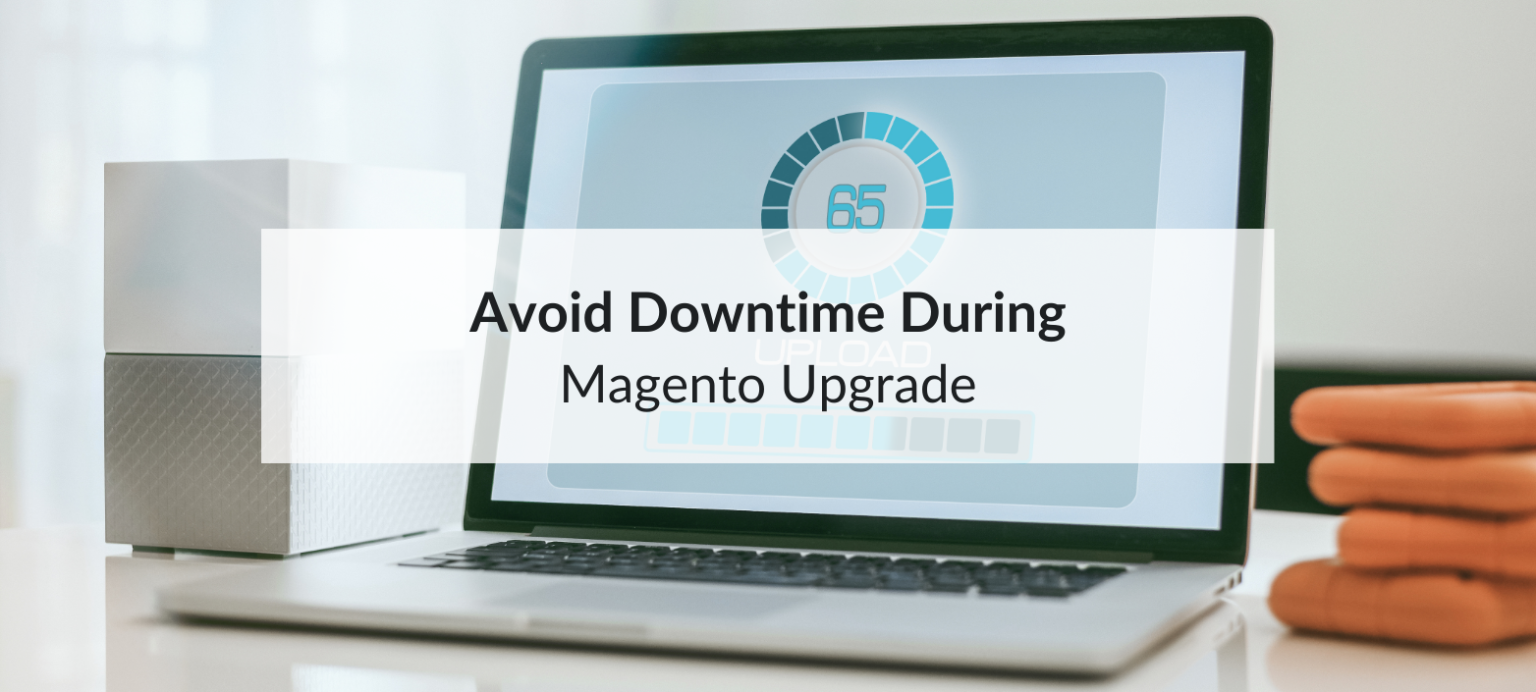Upgrading your Magento store is essential for maintaining performance, security, and access to new features. However, downtime during a Magento upgrade can disrupt your sales and frustrate your customers. In this guide, we’ll share expert tips to help you navigate the upgrade process seamlessly, minimize downtime, and keep your store running smoothly.
Why Magento Upgrades Are Essential
A Magento upgrade is not just about staying up-to-date; it’s about ensuring your store remains secure, fast, and feature-rich. Key reasons to upgrade include:
- Improved Security: Protect your store from vulnerabilities.
- Better Performance: Enhanced speed and scalability for high-traffic periods.
- Access to New Features: Unlock tools that improve the shopping experience.
- Compliance with Hosting Requirements: Many hosting providers require updated software for compatibility.
The Risks of Downtime During an Upgrade
Downtime can lead to:
- Lost revenue due to inaccessible products.
- Damaged customer trust and loyalty.
- Negative SEO impact as search engines detect unavailable pages.
Planning and execution are critical to avoid these pitfalls.
Tips to Avoid Downtime During a Magento Upgrade

1. Perform a Pre-Upgrade Audit
Before you upgrade, assess your current setup:
- Review your extensions and themes for compatibility with the new Magento version.
- Identify and resolve custom code conflicts.
- Check server capacity to handle the upgraded platform.
2. Set Up a Staging Environment
Never upgrade directly on your live site. A staging environment allows you to:
- Test the new version without impacting customers.
- Identify potential issues with extensions, themes, or customizations.
- Ensure a smooth transition when you go live.
3. Backup Your Store
Back up everything, including:
- Databases
- Files
- Media This ensures you can quickly restore your site if anything goes wrong during the upgrade.
4. Work with Experts
A Magento-certified developer or agency like 5MS can:
- Handle complex upgrades efficiently.
- Troubleshoot issues before they cause downtime.
- Provide ongoing support to keep your store running smoothly.
5. Plan Your Upgrade During Off-Peak Hours
Schedule the upgrade for a time when traffic is lowest. Use analytics tools to determine the best window, typically late at night or early morning.
6. Enable Maintenance Mode
During the final upgrade process:
- Use Magento’s maintenance mode to display a friendly message to visitors.
- Inform customers about planned downtime through email or social media.
7. Monitor and Test Post-Upgrade
After completing the upgrade:
- Test your store’s functionality, including checkout, navigation, and search.
- Monitor for any errors or performance issues.
- Use tools like Google Analytics to track traffic and conversions.
Tools and Resources for a Smooth Magento Upgrade
Here are some tools and extensions that can simplify the upgrade process:
- Magento CLI: For efficient command-line upgrades.
- Backup Extensions: Ensure seamless data recovery.
- Compatibility Checkers: Identify potential issues with third-party extensions.
What to Do If Downtime Occurs
Despite your best efforts, unexpected downtime may happen. Here’s how to handle it:
- Communicate Clearly: Update customers via social media or email.
- Rollback to Previous Version: Use your backup to restore the site.
- Contact Your Support Team: Magento experts can quickly resolve critical issues.
Why Choose 5MS for Your Magento Upgrade?
At 5MS, we specialize in Magento upgrades that prioritize performance and minimal disruption. Our team provides:
- Comprehensive pre-upgrade audits.
- Expert handling of complex customizations.
- Ongoing support to ensure your store remains future-proof.
Conclusion
Upgrading your Magento store doesn’t have to mean downtime. By planning carefully, leveraging expert help, and using the right tools, you can ensure a smooth and stress-free transition. Ready to upgrade? Let the experts at 5MS help you make the most of your Magento upgrade without compromising your store’s performance.

